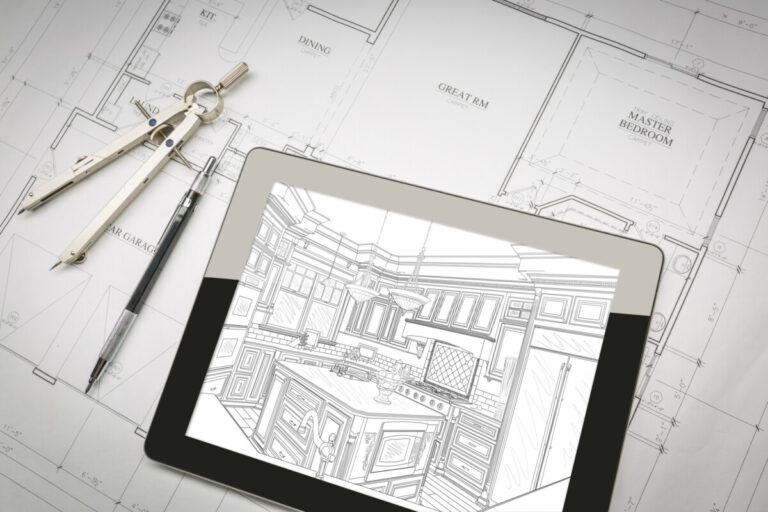
Buying a home is a significant financial decision that requires careful consideration of various factors. With fluctuating market conditions and economic uncertainties, determining the optimal home purchasing timing can be challenging. However, by evaluating key indicators and understanding your financial situation, you can decide when to buy a home at the right time. This pocket guide provides essential insights to help you make an informed decision.
Evaluate Market Conditions: Begin by assessing the housing market’s current state. Look at trends in home prices, inventory levels, and interest rates in your desired location. A buyer’s market, characterized by low prices and ample inventory, may present favorable conditions for purchasing a home.
Consider Interest Rates: Monitor interest rate trends, as they significantly impact your mortgage payments and affordability. Low interest rates can historically make homeownership more accessible by reducing borrowing costs. However, be prepared for potential rate increases in the future and consider locking in a favorable rate.
Review Your Financial Situation: Evaluate your financial readiness to buy a home. Consider your credit score, income stability, debt-to-income ratio, and available savings for a down payment and closing costs. A solid financial position increases your chances of qualifying for a mortgage and securing favorable loan terms.
Assess Affordability:
- Determine whether homeownership is financially feasible, given your current budget and lifestyle.
- Calculate your housing expenses, including mortgage payments, property taxes, insurance, and maintenance costs, and ensure they align with your overall financial goals.
- Use online affordability calculators to estimate how much home you can afford based on your income and expenses.
Factor in Future Plans: Consider your long-term plans and how they align with homeownership. Evaluate factors such as job stability, potential career changes, family dynamics, and desired lifestyle. Buying a home is a long-term commitment, so ensure it fits your future goals and aspirations.
Explore Down Payment Assistance Programs: Investigate down payment assistance programs and first-time homebuyer incentives offered by government agencies, non-profit organizations, and lenders. These programs can help mitigate upfront costs and make homeownership more accessible, especially for individuals with limited savings.
Consult with Real Estate Professionals: Seek guidance from experienced agents and mortgage professionals who can provide personalized advice based on your unique circumstances. They can offer valuable insights into local market dynamics, financing options, and the home-buying process, helping you make informed decisions.
Stay Flexible and Patient: Be prepared to adapt to changing market conditions and remain patient throughout home buying. Finding the right home may take time, so maintain realistic expectations and avoid rushing into a decision. Remember that the perfect time to buy a home is when it aligns with your financial goals and lifestyle needs.
In conclusion, determining whether now is the right time to buy a home requires careful consideration of various factors, including market conditions, interest rates, financial readiness, plans, and affordability. By evaluating these key indicators and seeking guidance from real estate professionals, you can make an informed decision that aligns with your long-term goals and aspirations.










































